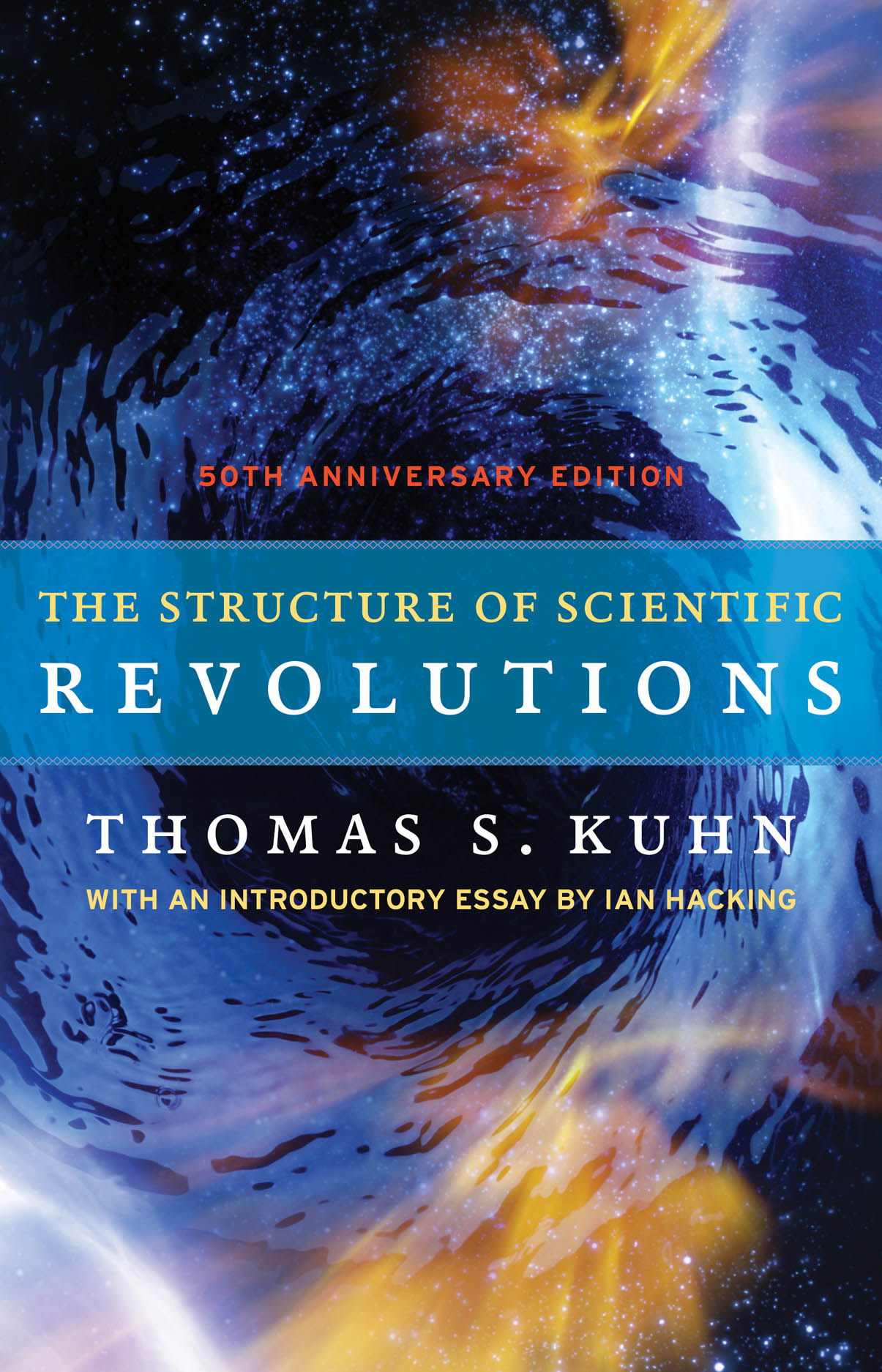How can we tell whether the phrase “paradigm shift” is being used in line with Thomas Kuhn’s definition—or simply as intellectual decoration?
The word itself
Paradigm: “The most overused and misused word in the English language; employed by stupid people to sound smart, or by smart people to sound unintentionally stupid.”
What Kuhn actually said
According to Thomas Kuhn:
“When a scientific achievement is sufficiently unprecedented to attract an enduring group of adherents away from competing modes of scientific activity, and simultaneously open-ended enough to leave all sorts of problems for the redefined group of practitioners to solve, we may legitimately call it a paradigm.” (The Structure of Scientific Revolutions, 1962 / Estonian ed. 2003, pp. 27–28)
Kuhn’s definition leaves plenty of room for interpretation. Different readers have focused on various aspects, setting the bar for what counts as a “paradigm” at varying heights.
Example 1
From BBC Science News, December 16, 2005:
In a report on a new discovery about dinosaur evolution, a scientist told the journalist:
“We may be seeing the beginnings of a paradigm shift—a challenge to the theory that the earliest dinosaurs were warm-blooded and bipedal.” http://news.bbc.co.uk/1/hi/sci/tech/4532608.stm
An irritated commenter replied:
“No, Dr. Sander, that’s not a paradigm shift! If a paradigm were to change, the new concept would make the old conceptual framework meaningless. That’s not what’s happening here. Kuhn’s idea of paradigm shifts is dubious enough, but if you’re going to use it, use it correctly. Relativity may be a paradigm shift, quantum theory may be one, evolution may be one—but changes in our understanding of how one poorly documented species evolved are not.” http://www.evcforum.net/dm.php?control=msg&t=186
Example 2
Robert Todd Carroll (The Skeptic’s Dictionary) makes a similar distinction:
“Kuhn’s work belongs to the history of science; he describes what he believes has happened. Nowhere does he claim that an individual can change, or even be capable of changing, a paradigm.
Figures like Newton or Einstein may develop theories that require a new paradigm to be fully understood—but they do not themselves ‘cause’ the shift. To claim so would be, in Kuhn’s terms, nonsense.
Kant rejected the old epistemology. Earlier thinkers asked, ‘How can we make ourselves understand the world?’ Kant asked, ‘How can the world make itself understandable to us?’ That was a revolutionary move in the history of philosophy.
Copernicus said, in effect: ‘Let’s see what happens if we put the Sun at the center instead of the Earth.’ Kant said, in effect: ‘Let’s see what happens if the world adapts to our perception, not vice versa.’
If Copernicus was right, astronomers had to change their starting point. And they did—thus, a paradigm shift. Kant’s theory, however, cannot be proven or disproven. We can accept it or reject it, but we can still do philosophy without it—unlike astronomy, which can no longer be done from a geocentric perspective.” (Hoyden About Town, 2007)
A commenter summarized Carroll’s point neatly:
“If creative work in a field can continue without accepting a new worldview, then it’s not a paradigm shift. Try applying this principle to so-called paradigm shifts of the last decade—you won’t find a single one left standing.”
Normal science as a criterion of “Scientificness”
Kuhn used the term normal science to describe research that operates within a shared paradigm—stable, cumulative, puzzle-solving work.
When a field’s activity rests securely on past achievements and proceeds within a single paradigm, it is, by Kuhn’s definition, normal science. Like solving a puzzle, the frame and the goal are clear; new discoveries fit into a known pattern. Data collection is guided by theory.
The opposite situation occurs when no common framework exists and data are gathered randomly. In that case, it’s challenging to measure significance—every fact may seem equally important because we don’t yet know which “puzzle” it belongs to. If data collection is not guided by theory, it may instead be driven by practice—as in medicine or metallurgy, where practical knowledge accumulates through experience rather than theoretical unity.
To reach the stage of normal science, a field must first pass through a pre-scientific phase, when there is no shared model for inquiry. Once normal science is established, practitioners refine and “patch” the paradigm until it no longer explains reality—then a crisis leads to a new paradigm.
Different disciplines move through these stages at different speeds.
And the social sciences?
According to Kuhn, the social sciences have not yet reached the stage of normal science. Yet it is precisely in these “soft” fields that his concept of paradigm has been most eagerly adopted—often as a way to present themselves as more “scientific.”
Suppose the paradigm is understood merely as a collection of traditions. In that case, it becomes possible to label almost any intellectual or cultural activity as a “normal science”—something Kuhn himself would almost certainly have rejected.
If creative progress in a field can continue without adopting a new worldview, then it’s not a paradigm shift.
Kuhn’s “paradigm” wasn’t just a buzzword for novelty; it was a structural change in how knowledge itself is organized.
Perhaps that’s why the word, now tossed around so casually in tech and management circles, has lost its meaning—and why revisiting Kuhn might still be the best antidote to the overuse of “paradigm shift.”

